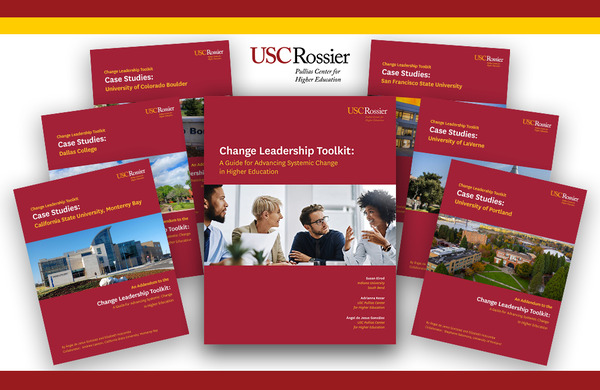In her ‘provocation’ opinion article in the August/September issue of Change Magazine, Adrianna Kezar posits, “Leadership development in higher education remains an under-examined and under-resourced area. Within the higher education sector, leadership has not been the focus of foundation funding for close to 30 years, since the Kellogg Foundation funded the institutional leadership project.”
Dr. Kezar continues, “Studies of institutional transformation have identified leadership as one of the most critical factors in creating change. Additionally, studies of innovation and organizational learning identify the importance of leadership to facilitate these processes and sustain changes over time. Last, studies of student success initiatives identify leadership as critical to the implementation of such efforts.”
But there is a dearth of leadership development opportunities for those in higher education, which seriously hinders the ability to support change, particularly related to student success. There are opportunities to increase scale, to improve access, to enhance the diversity and equity goals, and to shift the curriculum to focus on leadership for the mission of the enterprise: student success.
Now, thanks to funding from the Bill & Melinda Gates Foundation and the Alfred P. Sloan Foundations, there is significant research in leadership development specifically focused on higher education. Over the past two years, Drs. Adrianna Kezar, Susan Elrod and Elizabeth Holcombe have created the Change Leadership Toolkit (CLT) as well as Case Studies and an extensive Resource Library to accompany it. The Toolkit aims to help leaders across all stakeholder groups on campus to be able to lead changes. The toolkit provides resources and strategies to develop leadership competencies, an inventory of key leader moves, worksheets to build an appreciation of how campus context can provide challenges and opportunities for change, and recommendations for how to identify levers instrumental to accelerating change.
“I encourage you to distribute this Toolkit to all members of your campus, and especially individuals leading any task forces, initiatives, and committees aimed at cultural or systemic changes. In addition to providing faculty and staff with resources to support their leadership development, administrators can also commit to developing a ‘grow-your-own’ leadership development program or can send employees to some of the many leadership development opportunities that are available regionally, statewide or nationally,” stated Dr. Kezar.
Now it’s time for the next phase of the Change Leadership Toolkit. Starting in September, the CLT project team will be launching an online professional development course for leadership teams engaged in systemic change projects on their campus. Thirteen campus teams will participate in this pilot course, generously funded by the Sloan Foundation. In five sessions over a six-month period, the teams will work together to clarify their systemic change goals, evaluate their campus context, identify potential levers they can use to amplify or accelerate change, and develop a plan for specific moves they can make to advance their change project. In addition to guiding participants through the worksheets in the CLT, the course will feature engaging and collaborative activities throughout each session. After evaluating this pilot course, the team hopes to offer it again in the future for higher education leaders interested in systemic change.








